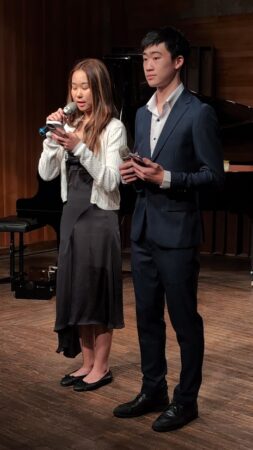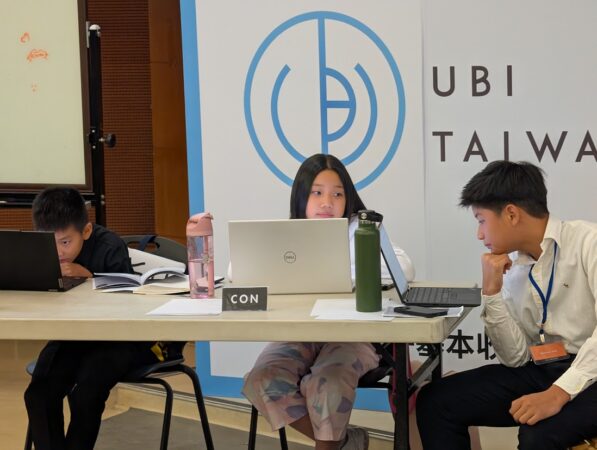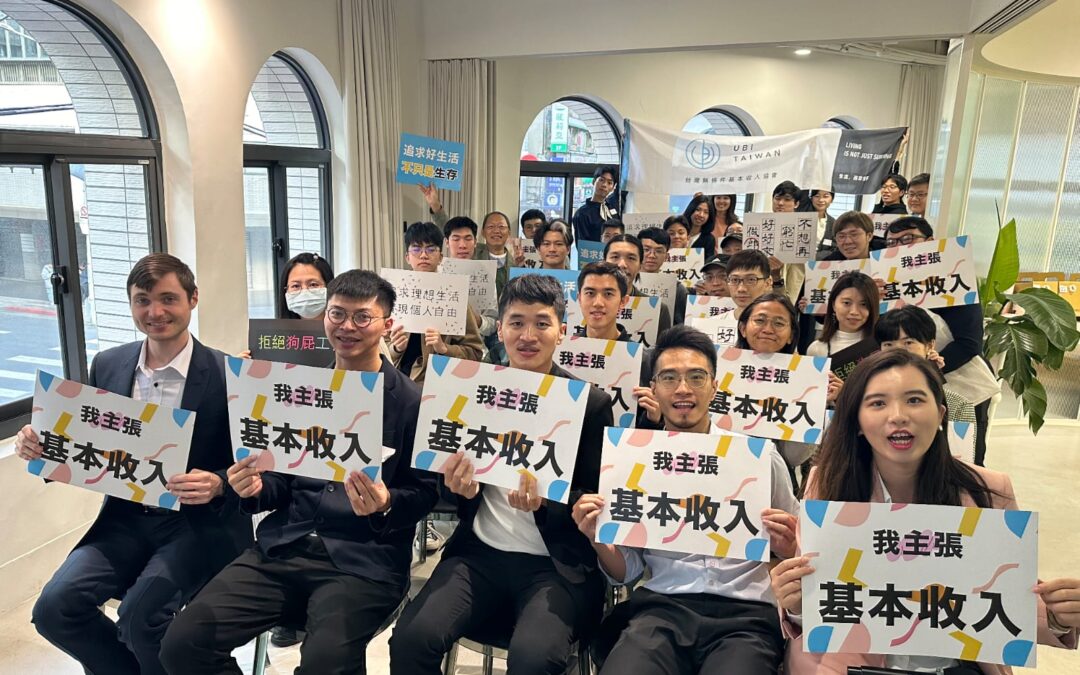
UBI Taiwan hosted a press conference to spotlight the progress of its basic income pilot program for single-parent households. The event brought together policymakers, academics, and beneficiaries to celebrate this milestone and advocate for a more equitable future.
Two Taiwanese national legislators were present at the event, offering their support and emphasizing the broader implications of basic income for Taiwan. They stated they hoped this experiment could become a stepping stone for Taiwan to become a more fair and just society.
Yu-Ling Chang, Assistant Professor of Social Welfare at UC Berkeley, hailed the initiative as a pivotal development in Taiwan’s social welfare history. “Implementing the basic income experiment is a new milestone for social welfare in Taiwan,” she remarked.
Adding a personal dimension to the event, Ms. Yu, the first participant in UBI Taiwan’s basic income experiment, shared her experience. She expressed gratitude for the program, which provided much-needed stability and relief during a challenging period in her life. “The basic income gave me a moment to breathe,” she said, reflecting on how it allowed her to focus on her child and navigate life’s uncertainties, such as her recent battle with cancer.
A documentary about Yu’s journey with basic income will be released later this year.
To further raise awareness and funds for the single-parent basic income program, UBI Taiwan held a national charity debate competition in December. Students from Taiwan and Japan participated to deliberate on whether Southeast Asia should implement basic income, presenting diverse perspectives on issues such as entrepreneurialism, foreign direct investment, fiscal capacity, and governance challenges in developing nations.

The championship round showcased arguments from both sides, with opponents emphasizing feasibility concerns while proponents argued that the social costs of inaction outweigh the investment required to implement basic income.
The tournament raised over $1,000 USD, with the proceeds going toward developing the single-parent program. The fundraiser was organized by UBI Taiwan and Ascent Academy’s Youth Leadership Program, which is designed to connect young people with social impact initiatives in the spirit of basic income.
Beyond the debate competition, students in the Youth Leadership Program are developing additional programs to address pressing social issues. Current projects include initiatives to support the homeless using cash cards and provide educational resources for low-income students.
UBI Taiwan plans to expand the single-parent basic income program this fall. To support this initiative, the organization also hosted a fundraiser talent show in January, inviting supporters to perform in support of the program.
Jiakuan Su, chairman of UBI Taiwan, said he saw positive changes during the pilot program from finding a better job to improved educational development for the child.
“The value brought by basic income is not just the money, but more importantly the changes it brings to your life,” Su said.


